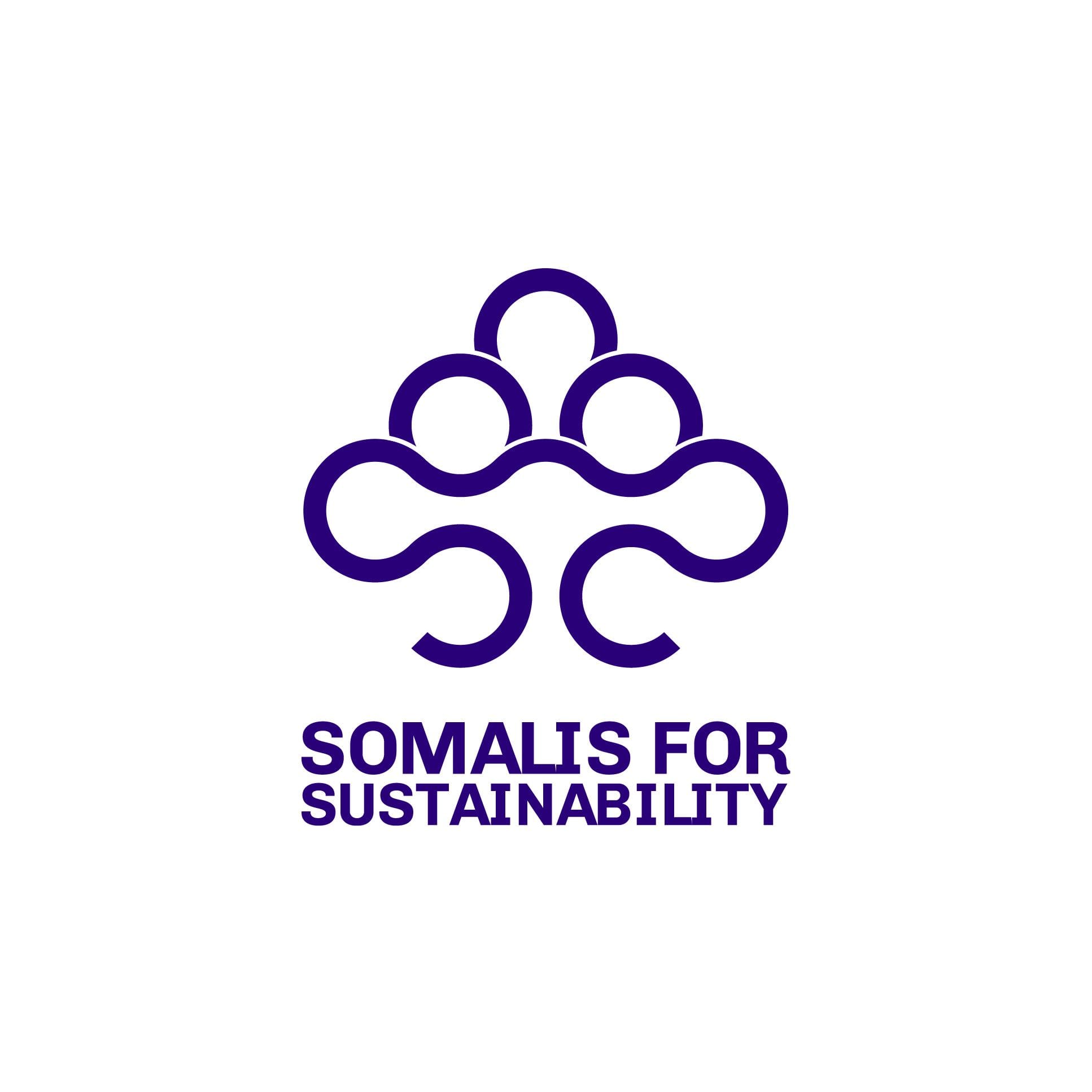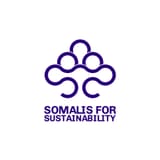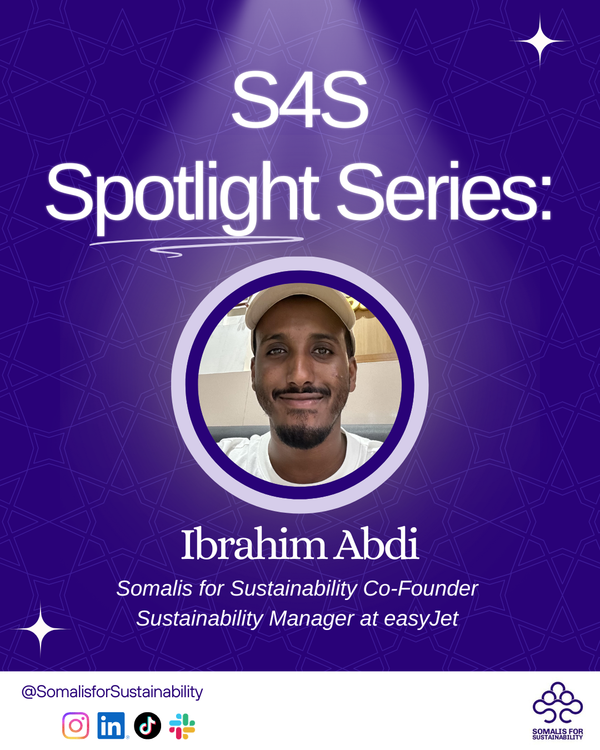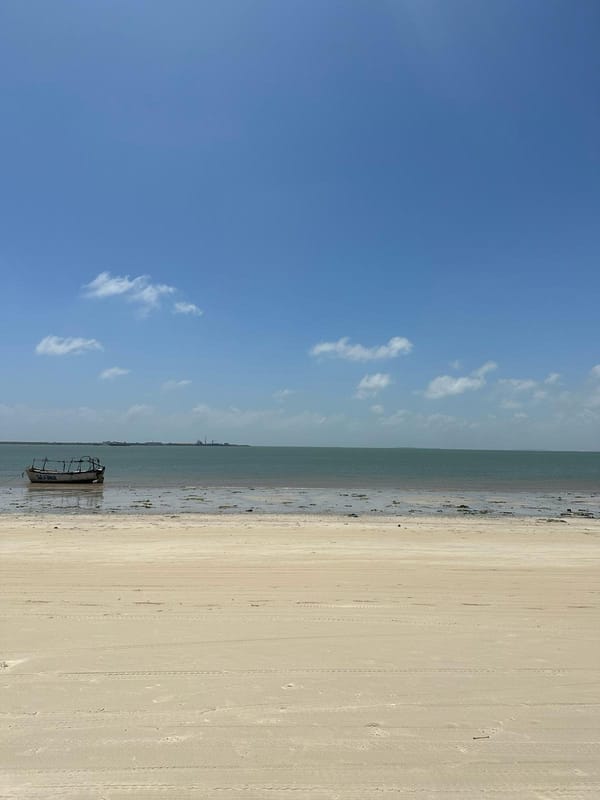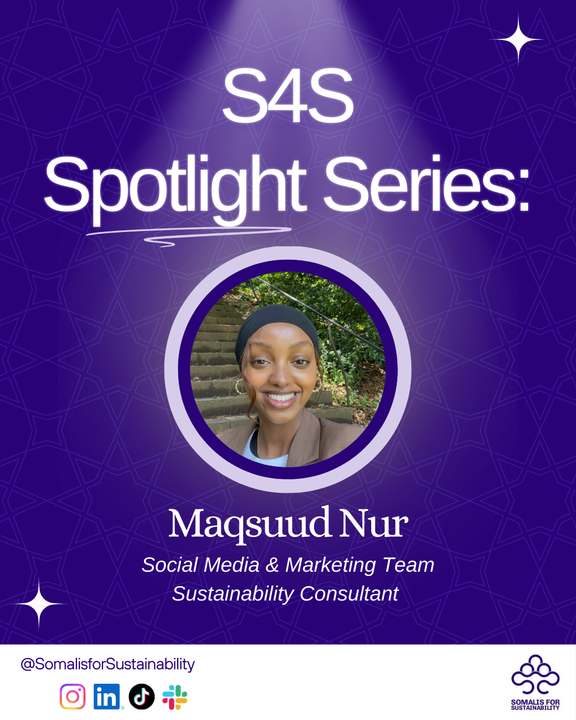Launch of the Maydi Newsletter🚀
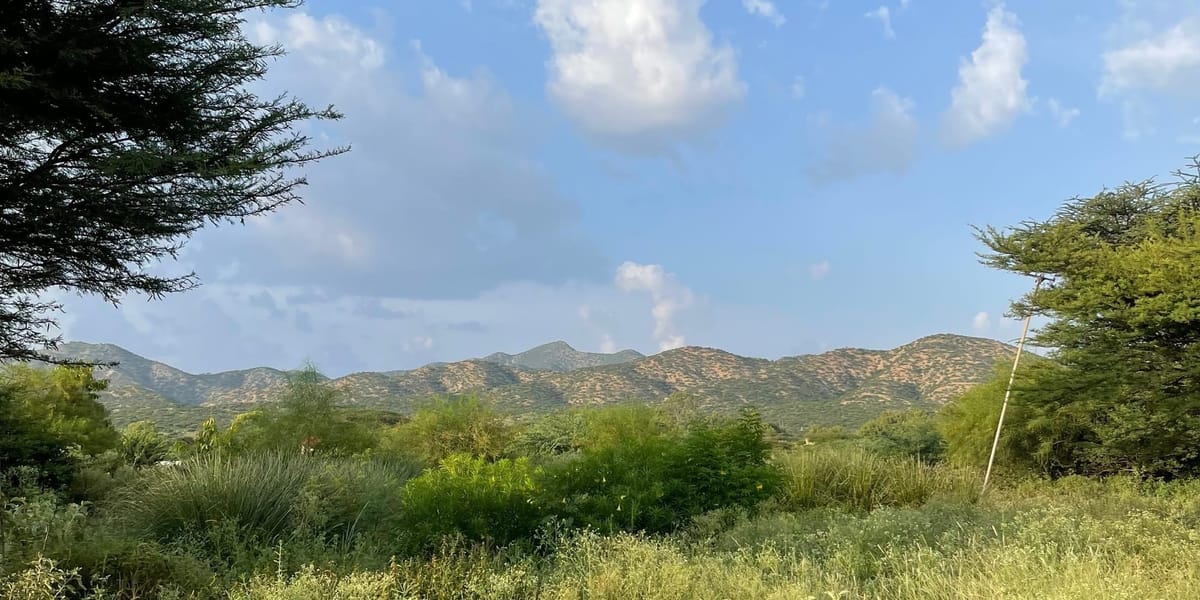
Dear readers,
We are thrilled to introduce the inaugural issue of the Maydi Newsletter. This newsletter marks an important milestone of an exciting journey for Somalis for Sustainability (S4S) as we come together to share knowledge, insights and stories that matter to our community.
You might be wondering about what the name “Maydi” means. Maydi refers to Boswellia frereana, a type of frankincense native to the Horn of Africa. It is distinguished by its ability to thrive in arid climatic conditions while producing world-renowned frankincense. We, as an organisation, draw parallels as we aim to help navigate the climate-related risks while capturing the climate-related opportunities in our communities. The Maydi tree symbolises resilience and a deep connection to the land and heritage. We are uniquely positioned to drive impact in this space by leveraging our team of young Somali professionals who have extensive experience in the public, private and third sectors.
In each issue, you can look forward to a diverse range of articles that have been carefully curated as well as being regularly updated about S4S. Our goal is to be your trusted source of Somali Climate-related news.
On behalf of the board of directors and the programmes team, thank you for joining us on this journey. We hope you enjoy the Maydi Newsletter and find it as valuable and engaging as we intend it to be.
Warm regards,
Amin Rirash
Co-founder and Director of Programmes
What is the latest in the Horn?
United Nations Development Programme (UNDP) and Food and Agriculture Organization (FAO) says: open sesame! Unlocking opportunities for Somalia’s farmers 🚜
What is the climate conundrum hammering Somalia's agriculture? The UNDP and FAO’s report sheds light on the harsh realities faced by the nation's farmers, particularly in the production of sorghum, maize, and sesame. Frequent droughts and flash floods have significantly reduced crop yields and cultivated land area. The historic droughts from 2016 to 2018 alone led to massive livestock losses and a devastating food crisis, leaving millions struggling to find their next meal. Amidst this agricultural turmoil, women have played a pivotal role in contributing to sesame production, making up about 70% of the workforce. Yet, they face hurdles in accessing resources and market opportunities.
Support programs, such as the Scaling up Climate Ambition on Land Use and Agriculture (SCALA), have been established. SCALA is a multi-year initiative funded by the German Environmental Ministry (BMUV) and implemented by the UN FAO and UNDP. The programme aims to enhance private sector involvement in climate-resilient agriculture and supports the translation of Somalia’s respective NDCs and NAPs into actionable and transformative climate solutions. With a detailed map of 94 key stakeholders in the sorghum, maize, and sesame value chains across various Somali states, the report paves the way for strategic investments to boost climate action. This builds on previous programs like the UK’s Foreign, Commonwealth and Development Office (FCDO)'s Promoting Inclusive Markets in Somalia (PIMS), which worked to level the playing field by empowering both men and women through training and support.
Looking more closely, it is clear that the deteriorating roads and irrigation facilities are stalling Somalia’s agricultural productivity and market access. The report calls for substantial investments to revamp infrastructure, improve water management, and support farming activities. In response to these challenges, the report aligns with Somalia's National Climate Change Policy and recommends strengthening governance, enhancing agricultural financial products, promoting climate-smart practices, and improving access to quality seeds and inputs. It also emphasises the importance of strong cooperatives and public-private partnerships to build a resilient agricultural sector. Smallholder farmers, backed by development projects, are already adopting various adaptation technologies and practices. Improved seeds, some drought-resistant and early-maturing, are making a difference. About 25% of farmers in riverine areas are utilising irrigation during the dry season. Climate-smart agricultural practices, such as crop diversification and intercropping cereals with legumes, help manage the risk of total crop failure. Additionally, some millers are transitioning to solar energy despite the high initial costs.
The UNDP and the FAO’s report highlights that there is a call for urgent action and innovation to support Somalia's farmers. With global backing and strategic initiatives, there's hope for a resilient and thriving agricultural sector in Somalia.
GCF’s Somalia strategy: Creating pathways to climate action.
In a significant move towards climate action, the Green Climate Fund (GCF) under its new head, Mafalda Duarte, is implementing a proactive strategy to ensure financial aid reaches the world’s most vulnerable communities. With $12.8 billion pledged for the next four years, the GCF is dividing its efforts equally between cutting emissions and adaptation activities. Notably, at least half of the funds allocated for adaptation are earmarked specifically for climate-vulnerable countries like Somalia. This initiative aims to enhance action and provide crucial support to those most affected by climate change's escalating impacts.
Duarte has been working closely with the Somali government to develop and implement plans, instead of waiting for proposals from local entities with limited capacity. The GCF is preparing to invest $100 million in Somalia over the next year with projects that include providing off-grid solar energy to isolated communities and improving agricultural resilience to enhance food security. This strategy is part of a broader effort to support similarly vulnerable nations.
Mafalda Duarte aims to reform GCF's operations by simplifying access to funds and addressing the unique needs of different countries. This includes overcoming challenges like conflict and weak governance, which have previously deterred investments in places like Somalia. The GCF intends to collaborate more closely with international agencies and NGOs to effectively support what some call "climate finance orphans" like Somalia.
In other regional news 🌍
Recap of the SB60: key highlights from the 2024 Bonn Climate Change Conference 🇺🇳

The 2024 Bonn Climate Change Conference, also known as the 60th Sessions of the UN Climate Change Subsidiary Bodies (SB60), brought together representatives from various nations to address critical climate issues. This conference served as a crucial platform for countries to discuss and negotiate the implementation of climate policies, share progress on their climate action plans, and collaborate on new strategies to combat climate change. The goal was to build momentum towards achieving the targets set out in the Paris Agreement and to prepare for the upcoming COP29, where more significant commitments and actions are expected.
Governments from many nations, including those in Africa, acknowledged the global struggle to meet the Paris Agreement's temperature goals. Some African representatives declined to discuss mitigation and emission reduction policies, fearing pressure to abandon fossil fuels entirely. African nations resisted wealthy countries' attempts to impose greater emission reduction commitments, arguing they should not be held to the same standards as developed countries. They emphasised that rich nations, with their advanced facilities and financial support, were neglecting their responsibilities and failing to provide adequate financial support to help poorer countries transition to clean energy.
Negotiations stalled on setting a new post-2025 climate finance goal because developed countries refused to discuss specific dollar amounts, as demanded by African and Arab groups. This highlighted the clear divide between developed and developing countries regarding financial commitments to address climate change. African representatives warned that inadequate efforts and financial obligations are setting up for failure at COP29, leaving vulnerable communities unprotected. They called for justice, noting that developing countries have received no assurances on the necessary long-term finance to meet global climate goals.
Somali word of the month : Webiga-(weh- bee-gaa) 🌊 River

The Juba and Shabelle rivers are the only perennial rivers in the Somali Horn, both originating from the Ethiopian highlands. Additionally, there are two seasonal rivers, the Nugaal and Togdheer. The Nugaal River flows through the Nugaal Valley, while the Togdheer River is situated near the Golis Mountains.
🗣Upcoming S4S Events:
🗓 UN Local Conference of Youth(LCOY) in Mogadishu, Somalia: Applications to participate in the first-ever LCOY in Somalia, taking place in early August, will be released next week. Keep an eye on our social media channels for updates!
⚡️Clean energy transition webinar (Virtual): Join us on the 21st of August at 7 pm UK time as an energy expert takes us on a deep dive into renewable energy and energy access for all in Somalia. More details will be shared on our social media channels
We'd love to hear from you! Share your thoughts with us via email or on our social media
Enjoyed reading? If you haven't already, sign up below so you don't miss out on future content.
Acknowledgements to Amin Rirash, Medina Ali, Iman Roble and Ayan Rirash for their contributions in creating this newsletter.
